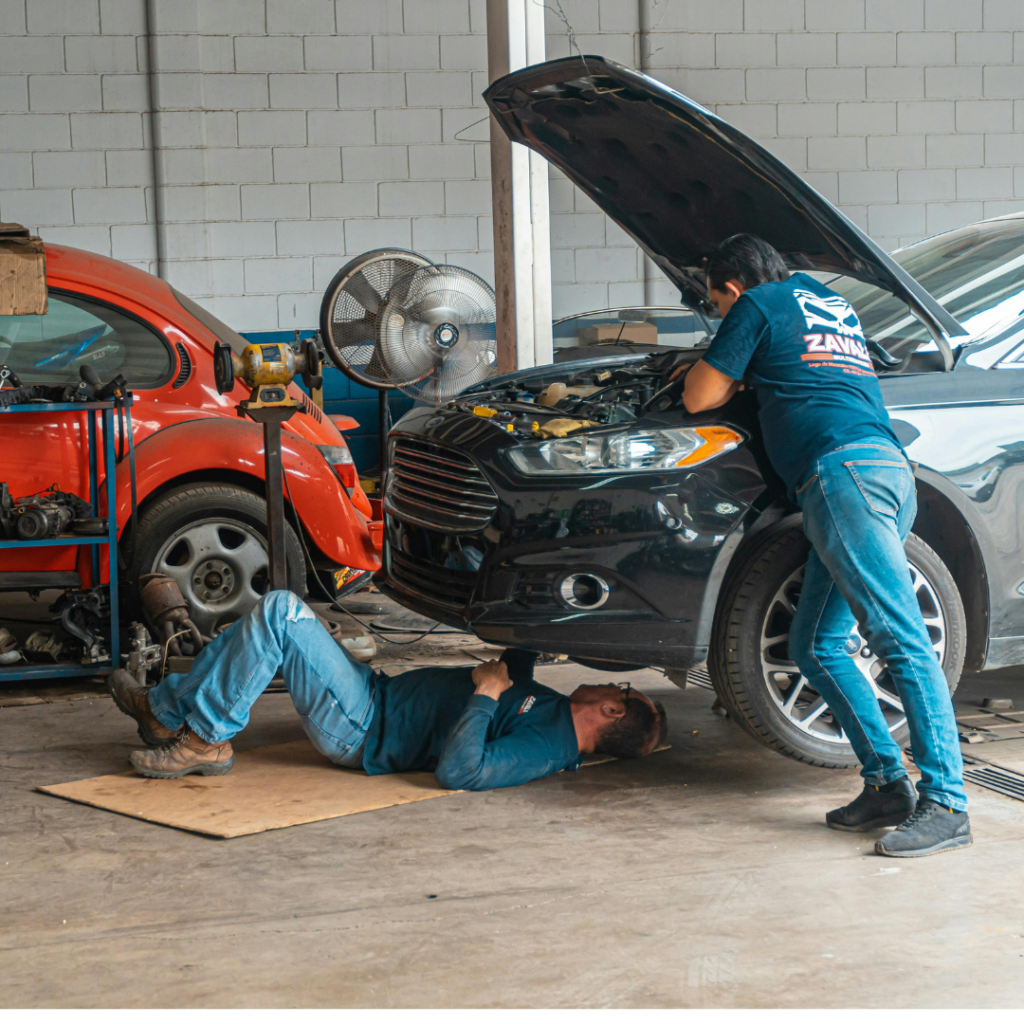When parents send their children off to scout meetings or outdoor adventures, safety is at the forefront of their minds. Unfortunately, accidents can happen even in these well-organised environments. A recent court case has spotlighted the issue of safety during supervised activities, leaving many parents wondering about the measures in place to protect their children and the legal options if something goes wrong.
The case, which concluded with a €75,000 settlement, involved a young scout who suffered severe dental injuries during a seaside incident. This post will explore the details of the case, what parents should know about child safety during group activities, and how to address accidents if they occur.
The Scout Incident at a Glance
The High Court heard details of the accident in which seven-year-old Noah Laird was struck in the mouth with a rock at Donabate estuary, Dublin, during a scout outing. Another scout, while throwing stones into the water, accidentally hit Noah, causing fractures to three of his teeth, one of which involved a root fracture. Over the years, Noah required complex dental work, showing the long-term impact of such injuries.
Although the claim against Scouting Services Ireland alleged inadequate supervision and failure to prevent “dangerous behaviour,” the organisation denied all allegations. The presiding judge ultimately approved a settlement, highlighting that accidents can happen even under vigilant supervision.
This case underscores the importance of proper safety measures in any activity involving children, whether indoors or outdoors.
The Realities of Organised Group Activities
Parents often rely on organisations like schools, scout groups, or sports clubs to adhere to strict safety protocols. While such institutions take numerous precautions, this incident illustrates that lapses or uncontrollable accidents can still occur. Here are some common parental concerns about group activities:
- Adequate adult supervision: Are there enough staff or chaperones to supervise the children closely?
- Safety protocols: How are potentially hazardous actions (like throwing stones) identified and discouraged?
- Emergency preparedness: Are organisers trained to handle emergencies effectively?
These questions deserve consideration whenever your child participates in organised group activities.
What Should Parents Do If Their Child is Injured?
Despite best efforts to ensure safety, accidents sometimes happen. When they do, parents may feel overwhelmed by anger, sadness, or confusion. Here are key steps to follow if your child is injured during a supervised event or activity.
1. Seek Immediate Medical Attention
The well-being of your child is paramount. Ensure they receive appropriate medical care as soon as possible, even if the injuries appear minor. Some conditions may worsen without immediate treatment or proper diagnosis.
2. Document the Incident
Wherever possible, collect as much information as you can about how the accident occurred. Take photos of the injury and the surrounding area, obtain witness statements, and request a written account of events from the staff involved. Documenting the incident can be invaluable later if you decide to pursue legal action.
3. Report and Address the Incident Promptly
Notify the organisation responsible for overseeing the event or activity about the incident. Filing a formal complaint ensures the matter is documented and may prompt the organisation to improve safety measures.
4. Understand Legal Options
If there is evidence suggesting your child’s injury resulted from negligence, it may be worth consulting with a solicitor who specialises in child accident claims. They can evaluate the specific details of your case and advise you on the best course of action.
5. Consider Emotional Support
Accidents can affect children emotionally just as much as physically. Don’t shy away from seeking emotional or psychological support for your child to help them process the incident.
Common Legal Questions About Child Injuries
Parents often have legal concerns when navigating the aftermath of a child’s injury. Here’s what you should know.
Who files a legal claim on behalf of a child?
Children under 18 cannot pursue a legal claim themselves. Instead, a parent or legal guardian acts as the “next friend,” representing the minor’s best interests during court proceedings. Any proposed settlement must have judicial approval to ensure fairness to the child.
Is there a time limit for making a child injury claim?
Although personal injury claims for adults are typically subject to a two-year statute of limitations, minors have until two years after their 18th birthday to file a claim. However, it’s best to begin the process early to preserve evidence and strengthen the case.
What kind of compensation might be available?
Compensation for injuries can include coverage for medical expenses, pain and suffering, loss of amenity (disruption to quality of life), and future care requirements. A solicitor can help calculate a fair settlement amount based on the severity of the injury and its long-term impact.
How to Prevent Accidents in Child Activities
While parents can’t control every element of a supervised activity, there are steps they can take to minimise risks for their children.
- Ask About Safety Policies: Before enrolling your child, ask the organisation about their child safety measures, staff-to-student ratios, and how they enforce discipline.
- Emergency Contact Plan: Ensure staff are aware of any medical conditions your child has, and provide emergency contact information.
- Encourage Open Communication: Teach your child the importance of reporting unsafe behaviour or hazards. Encourage them to share their experiences, whether good or bad.
Ultimately, partnering with organisations that prioritise safety and transparency will provide peace of mind.
Final Thoughts
The incident involving young Noah Laird and the subsequent settlement show that even trusted organisations are not immune to unfortunate accidents. While this specific case may feel unsettling to parents, it also highlights the safeguards in place to seek justice when things go wrong.
By understanding your legal rights and encouraging a focus on safety, you can help ensure your child is protected as much as possible in group activities. If you’ve experienced a situation like this and want professional advice, reaching out to a solicitor specialising in child injury claims is a vital first step.
Remember, every child’s safety matters. With the right action and awareness, you can help create safer experiences for your little ones.









